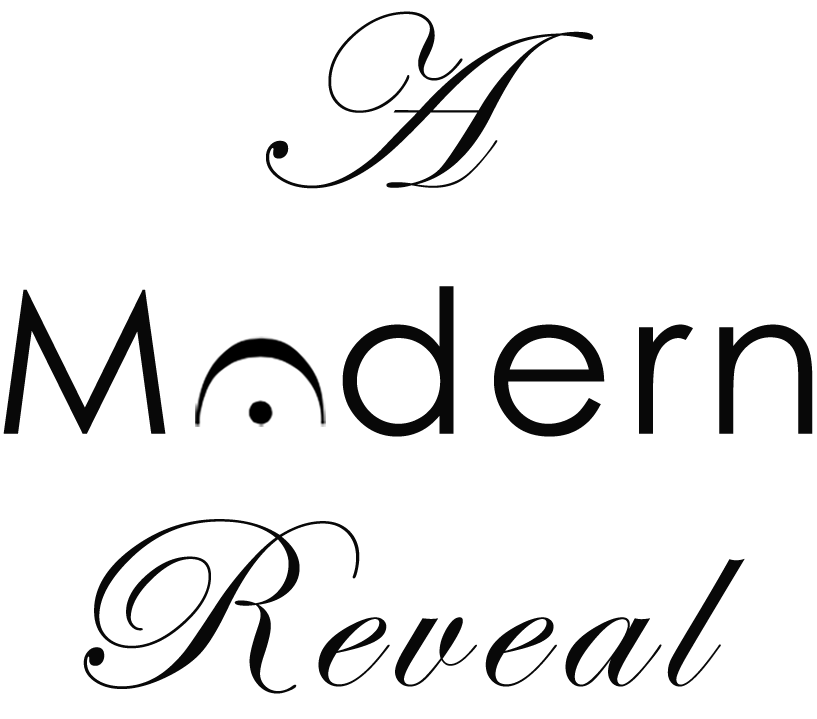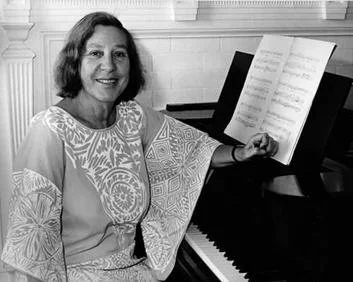“Nothing else comes into my mind when I compose, and to have this completely focused attention is an extremely enjoyable sensation. It’s an intense activity. It can be tiring, but it also gives one a deep kind of gratification.”
BIOGRAPHY MUSIC & RECORDINGS SOURCES
Born in Chicago to a family of Russian-Jewish descent, Vivian Fine composed over 140 works during her career using a variety of musical subjects and compositional techniques. Fine was a piano prodigy by age 5 as well as the youngest student to be awarded a scholarship to the Chicago Musical College. Guided by her harmony teacher, Ruth Crawford, Fine composed her first piece at 13 years of age. Within 3 years of this first composition, she made her professional debut with performances in Chicago, New York (Solo for Oboe, at a Pan-American Association of Composers’ concert) and Dessau (Four Pieces for Two Flutes, at an International Society of Contemporary composers’ concert).
By the time she reached her 20s, Fine was highly sought out as a performer of contemporary piano music in New York and famously premiered works by Ives and Copland, among others. Around this time, she also helped found the American Composers Alliance, later serving as its vice-president from 1961 to 1965.
Fine’s compositional style grew and evolved throughout her life. Her early influences led her to experimentation with dissonance and different contrapuntal techniques. During the middle of her career, her work developed more tonality and was later followed by a more uninhibited style in her later career. Composer, Henry Brant, noted that “No two Fine pieces are alike either in subject matter or instrumentation; each new work appears to generate its own style appropriate to the subject, and there are no mannerisms which persist from work to work.”
Fine is best known for her chamber music but she wrote many works for voice, as well, and set her music to works by famous poets including Shakespeare, Racine, Dryden, Keats, Whitman, and Dickinson. She also wrote two chamber operas, The Women in the Garden (1978) and Memoirs of Uliana Rooney (1994).
As an academic, Fine taught composition at New York University (1945-48), Juilliard (1948), and SUNY Potsdam (1951) and, beginning in 1964, she taught at Bennington College in Vermont for 20 years. In the 1960s and 70s she gave a series of lecture recitals on 20th century music at Notre Dame, Harvard, Skidmore, Bard, and William and Mary.
Fine won numerous awards including a Guggenheim Fellowship, grants from the Ford, Rockefeller, Ditson, Woolley, Koussevitsky, Readers’ Digest and Elizabeth Sprague Coolidge foundations, several grants from the National Endowment for the Arts, and the Dollard and Yaddo Awards.
She died in Bennington in 2000 at the age of 86 after a car accident.

